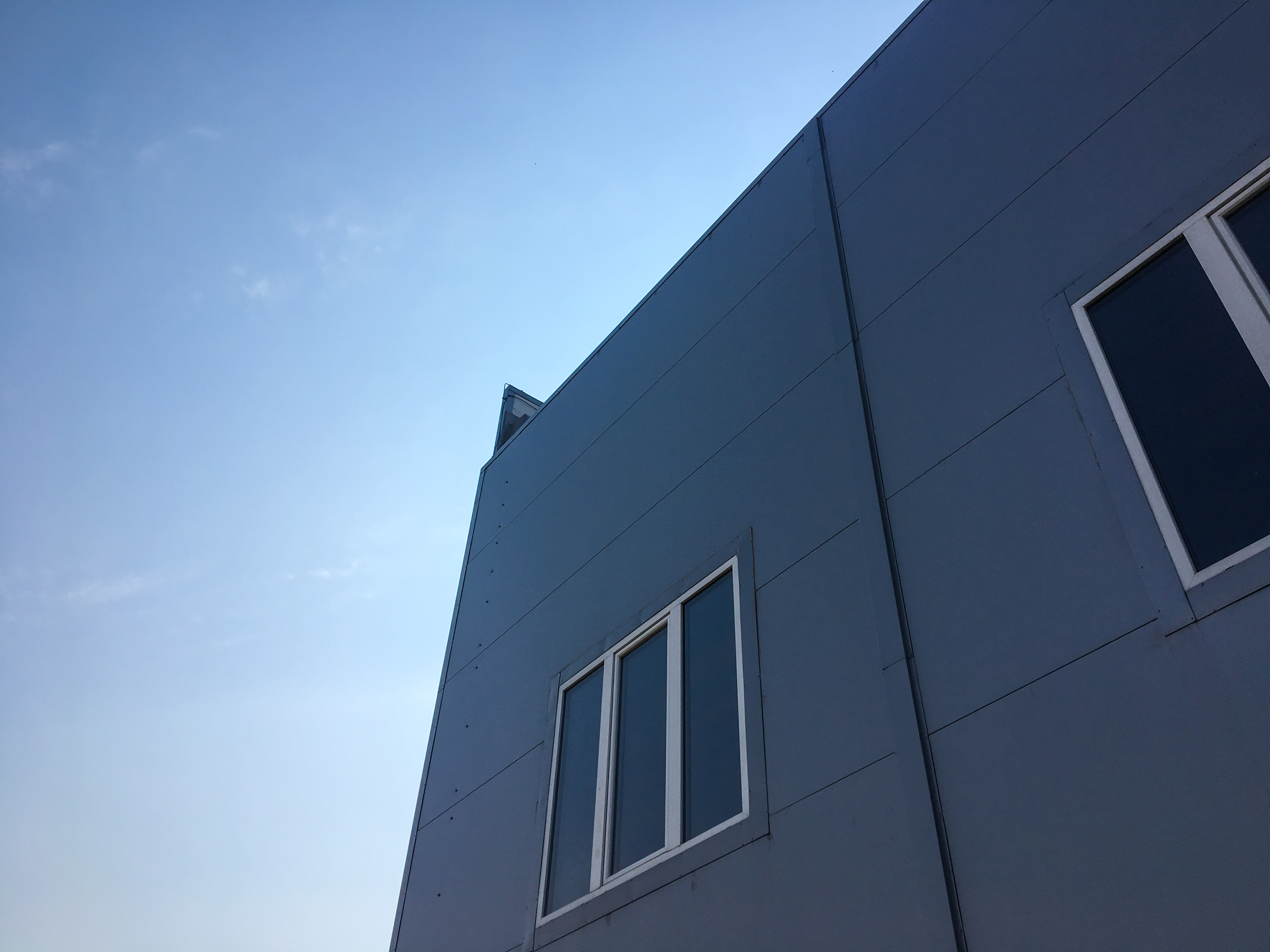When it comes to sustainability in the construction industry, there is no one-size-fits-all solution. Dow’s high-performance panel insulation technology, utilizing renewable raw materials, offers a tailored approach to design more energy-efficient buildings with lower embodied carbon, suitable for both commercial and residential building applications.

Advancing Circularity
Dow uses alternative feedstocks in the production of MDI (Methylenediphenyl Diisocyanate), a key chemical used in polyurethane production, which are allocated using the mass balance chain of custody approach. Bio-circular and recycled feedstocks (including biogenic and non-biogenic waste) are converted into the raw materials for the process, diverting waste from incineration or landfills. With up to 40% ISCC PLUS certified bio-circular and recycled material attributed via mass balance, this innovation contributes to the sustainability in buildings.
This technology supports circularity by keeping end-of-life materials out of the waste stream and reducing reliance on nonrenewable feedstocks.
Reduced Carbon
More than 25% of the energy used in the production process of insulation technology comes from renewable sources, and are backed by Renewable Energy Systems (RES) certificates. By incorporating this technology in their products, panel manufacturers can reduce Scope 3 greenhouse gas emissions (GHG)², helping meeting the growing demand for products that support the transition towards more energy-efficient buildings.
Energy Efficiency
With less material required to achieve the same energy performance, this solution achieves up to 18 mW/mK aged lambda1, helping designers to improve the thermal performance of buildings – a crucial feature for the next generation of European buildings.
Dow has partnered with panel manufacturers, architects, and sustainability experts to design an insulation technology that addresses today’s industry challenges and needs, while advancing environmental goals.











